I love how today’s Gospel pairs with our feast day celebrating Pope St. Pius V. Both pronounce the overwhelming goodness of our God. God not only gifts humanity with life, which in and of itself is mind boggling, but he gives us the gift of Himself in the person of Jesus that we might live a fully abundant life with Him now and forever. Jesus tells us that His very life is a great testimony of God’s love for all of the world.
God doesn’t shout down from Heaven to tell us He loves us. God comes down from Heaven to prove it, and God doesn’t have to prove anything to us. Out of love He chose to come so we would be assured of His unfailing love. But wait, there’s more and this is where Pope St. Pius V’s feast day comes in.
Not only does God give us the gifts of life and Jesus, he also gives us the Church which Pope St. Pius V educated and reformed so brilliantly.
God loved the world so much that He gave his only Son, that whoever believes in Him may not perish but may have eternal life (see Jn 3:16). Friends, this is not a one and done ordeal stuck back in 33 AD. Nobody is left out of God’s plan. This reality, accessible to all people across all time, is made possible through the Church. It allows everyone to witness the single-handedly most significant act of love: the Son’s gift of self to the Father for our redemption.
Jesus gave us the sacraments, the Eucharist par excellence, and by them we are enveloped in God’s great mystery of love. We don’t merely witness it. Through the sacraments, we can stand at the foot of the cross with the Blessed Mother, Mary Magdalene, Mary of Clopas, and John to receive an outpouring of graces while the Son is lifted up to the Father; tongues of fire can fall upon our heads in the upper room alongside Mary and the disciples; we can be present at the breaking of the bread in Emmaus; we can stand among the cloud of witnesses in Heaven.
Men and women like Pope St. Pius V, who work tirelessly to defend and spread this Gospel message, keep the faith alive. To them we owe gratitude and reverence. To them we give our allegiance as co-workers in the vineyard. We should not abandon them in their efforts but join them instead. We beg for their intercession so we will have the faith and love to endure all trials for the sake of the kingdom. Pope St. Pius V, intercede for us, that we may receive and pour out love like you. Amen.
Me encanta cómo el Evangelio de hoy se combina con la fiesta que celebramos del Papa San Pío V. Ambos pronuncian la inmensa bondad de nuestro Dios. Dios no solo nos da la vida a la humanidad, lo cual en sí mismo es alucinante, sino que nos da el don de Sí mismo en la persona de Jesús para que podamos vivir una vida plena y abundante con Él ahora y para siempre. Jesús nos dice que Su propia vida es un gran testimonio del amor de Dios por todo el mundo.
Dios no grita desde el Cielo para decirnos que nos ama. Dios desciende del Cielo para demostrarlo, y Dios no tiene que demostrarnos nada. Por amor, eligió venir para que tuviéramos la seguridad de Su amor infalible. Pero espere, hay más, y aquí es donde entra en juego la fiesta del Papa San Pío V.
Dios no solo nos da los dones de la vida y de Jesús, sino que también nos da la Iglesia que el Papa San Pío V educó y reformó de manera tan brillante.
Dios amó tanto al mundo que dio a su Hijo único, para que todo aquel que crea en Él no perezca, sino que tenga vida eterna (ver Jn 3,16). Amigos, esta no es una prueba unicamente del año 33 d. C. Nadie queda fuera del plan de Dios. Esta realidad, accesible a todas las personas de todos los tiempos, es posible gracias a la Iglesia. Permite a todos ser testigos del acto de amor más significativo: la entrega del Hijo al Padre para nuestra redención.
Jesús nos dio los sacramentos, la Eucaristía por excelencia, y por ellos estamos envueltos en el gran misterio del amor de Dios. No nos limitamos a ser testigos de Él. A través de los sacramentos, podemos estar al pie de la cruz con la Santísima Madre, María Magdalena, María de Cleofás y Juan para recibir un derramamiento de gracias mientras el Hijo es elevado al Padre; lenguas de fuego pueden caer sobre nuestras cabezas en el Cenáculo junto a María y los discípulos; podemos estar presentes en la fracción del pan en Emaús; podemos estar entre la multitud de testigos en el Cielo.
Hombres y mujeres como el Papa San Pío V, que trabajan incansablemente para defender y difundir este mensaje del Evangelio, mantienen viva la fe. A ellos les debemos gratitud y reverencia. A ellos les damos nuestra lealtad como colaboradores en la viña. No debemos abandonarlos en sus esfuerzos, sino unirnos a ellos. Rogamos por su intercesión para que tengamos la fe y el amor necesarios para soportar todas las pruebas por el bien del reino. Papa San Pío V, intercede por nosotros, para que podamos recibir y derramar el amor como tú. Amén.
 Former NPS Park Ranger, Catholic educator, and Youth Minister, Melissa Lucca now spends her days evangelizing family and neighbors as a stay-at-home mom. She holds an MA in Theology from the Augustine Institute and pursues personal study in her spare time. Melissa loves Ignatian Spirituality, Mother Mary, and rock climbing. If you don’t hear her and her kiddo laughing at home, then they are probably out on an adventure!
Former NPS Park Ranger, Catholic educator, and Youth Minister, Melissa Lucca now spends her days evangelizing family and neighbors as a stay-at-home mom. She holds an MA in Theology from the Augustine Institute and pursues personal study in her spare time. Melissa loves Ignatian Spirituality, Mother Mary, and rock climbing. If you don’t hear her and her kiddo laughing at home, then they are probably out on an adventure!
Feature Image Credit: Letian Zhang, unsplash.com/photos/an-aerial-view-of-the-city-of-rome-IClruOLmecI
The views and opinions expressed in the Inspiration Daily blog are solely those of the original authors and contributors. These views and opinions do not necessarily represent those of Diocesan, the Diocesan staff, or other contributors to this blog.
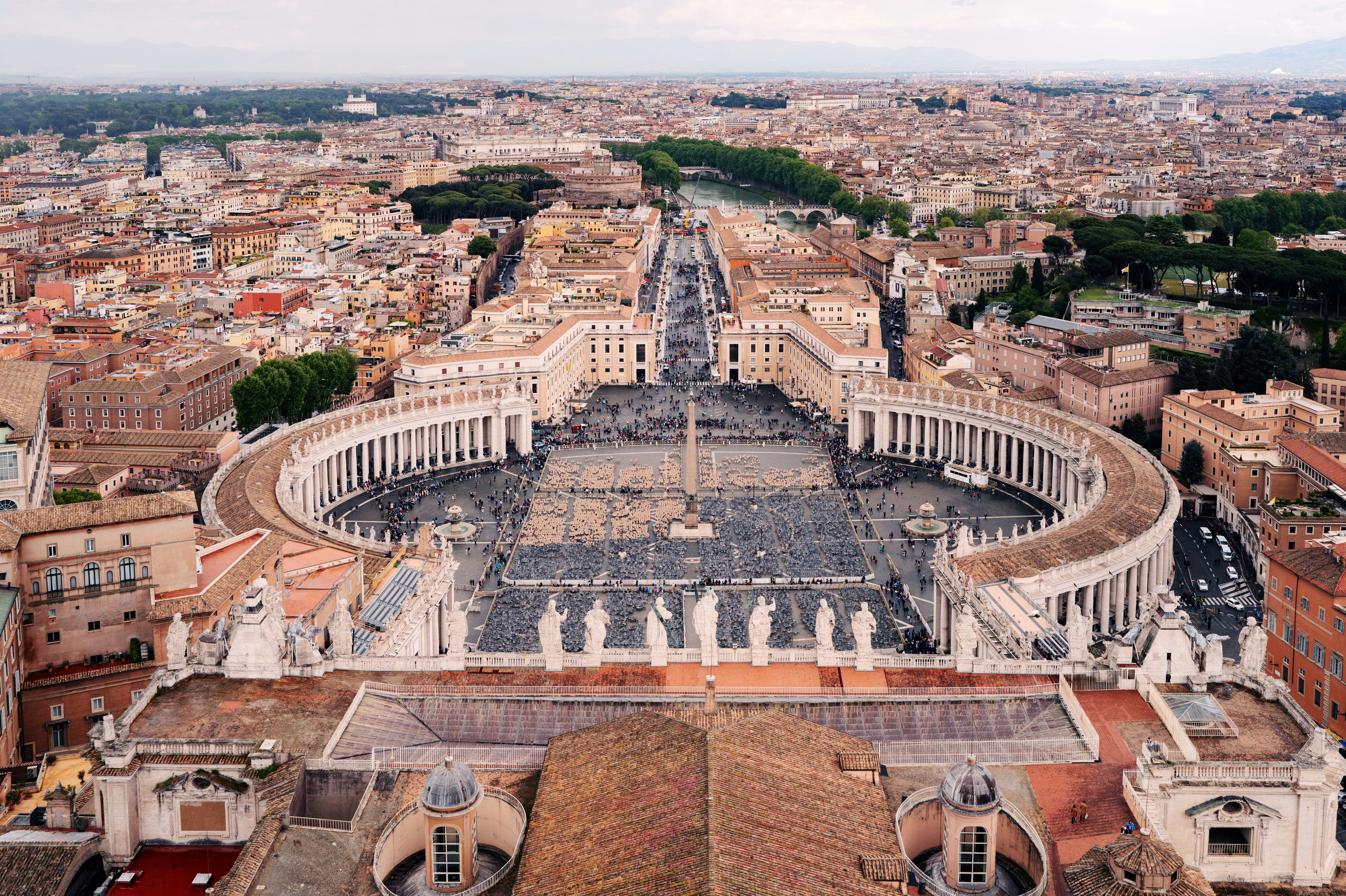
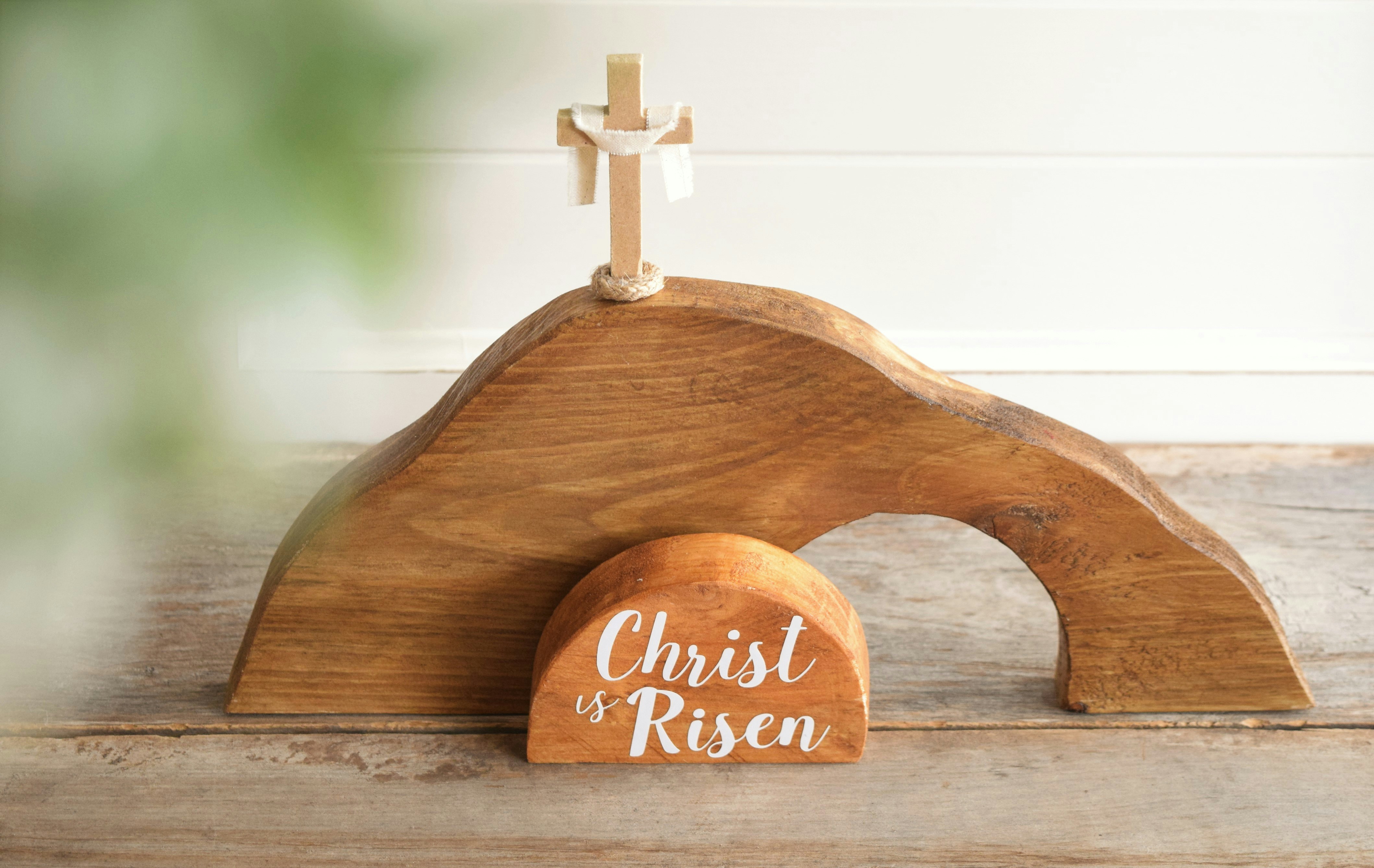
 Dr. Alexis Dallara-Marsh is a board-certified neurologist who practices in Bergen County, NJ. She is a wife to her best friend, Akeem, and a mother of four little ones on Earth and two others in heaven above.
Dr. Alexis Dallara-Marsh is a board-certified neurologist who practices in Bergen County, NJ. She is a wife to her best friend, Akeem, and a mother of four little ones on Earth and two others in heaven above.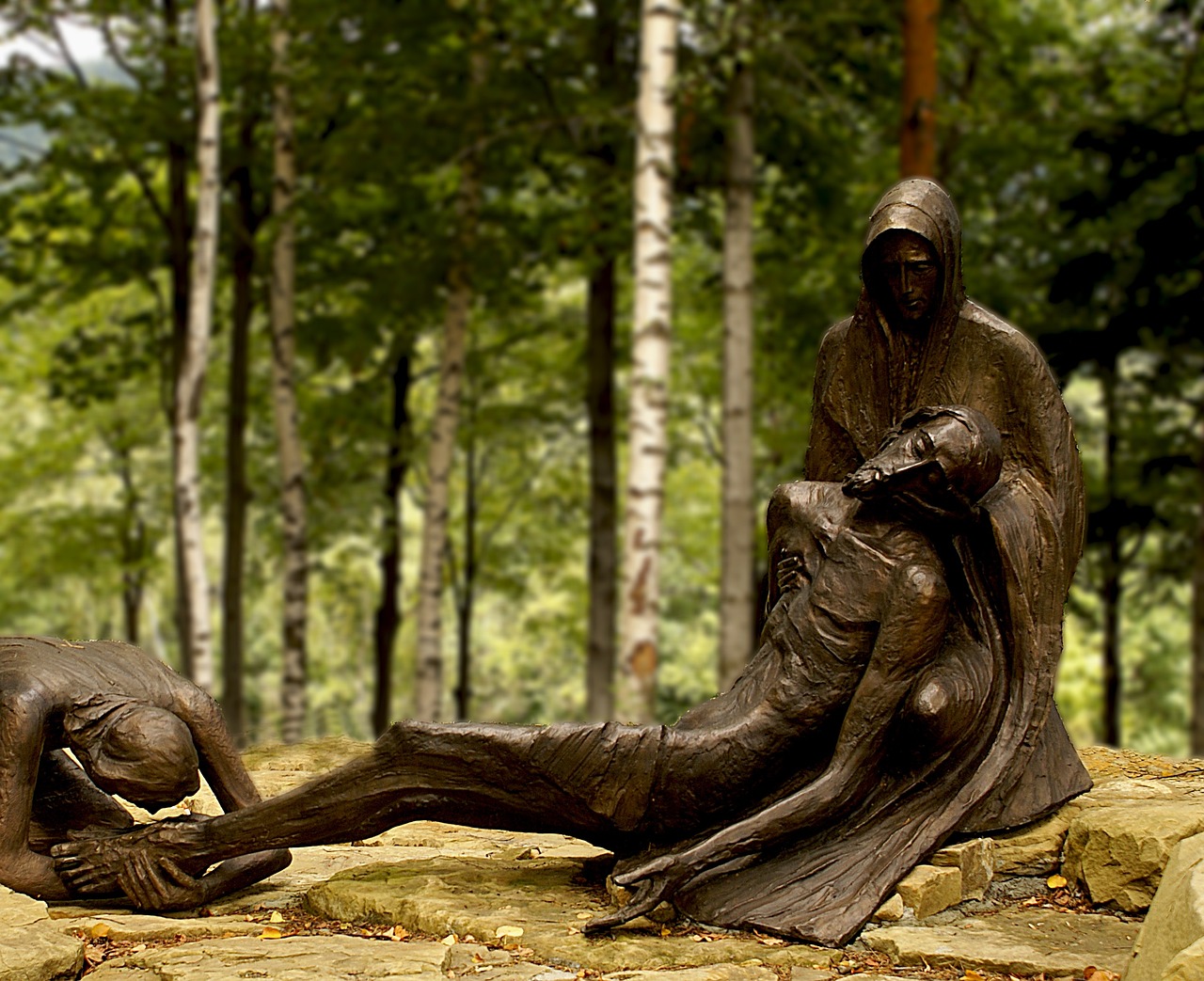
 Kathryn Mulderink, MA, is married to Robert, Station Manager for Holy Family Radio. Together they have seven children (including Father Rob), and eleven grandchildren. She is President of the local community of Secular Discalced Carmelites and has published five books and many articles. Over the last 30 years, she has worked as a teacher, headmistress, catechist, Pastoral Associate, and DRE, and as a writer and voice talent for Catholic Radio. Currently, she serves the Church by writing and speaking, and by collaborating with various parishes and to lead others to encounter Christ and engage their faith. Her website is
Kathryn Mulderink, MA, is married to Robert, Station Manager for Holy Family Radio. Together they have seven children (including Father Rob), and eleven grandchildren. She is President of the local community of Secular Discalced Carmelites and has published five books and many articles. Over the last 30 years, she has worked as a teacher, headmistress, catechist, Pastoral Associate, and DRE, and as a writer and voice talent for Catholic Radio. Currently, she serves the Church by writing and speaking, and by collaborating with various parishes and to lead others to encounter Christ and engage their faith. Her website is 
 Mike Karpus is a regular guy. He grew up in Michigan’s Upper Peninsula, graduated from Michigan State University and works as an editor. He is married to a Catholic school principal, raised two daughters who became Catholic school teachers at points in their careers, and now relishes his two grandchildren, including the older one who is fascinated with learning about his faith. He also has served on a Catholic school board, a pastoral council and a parish stewardship committee. He currently is a lector at Mass, a Knight of Columbus, Adult Faith Formation Committee member and a board member of the local Habitat for Humanity organization. But mostly he’s a regular guy.
Mike Karpus is a regular guy. He grew up in Michigan’s Upper Peninsula, graduated from Michigan State University and works as an editor. He is married to a Catholic school principal, raised two daughters who became Catholic school teachers at points in their careers, and now relishes his two grandchildren, including the older one who is fascinated with learning about his faith. He also has served on a Catholic school board, a pastoral council and a parish stewardship committee. He currently is a lector at Mass, a Knight of Columbus, Adult Faith Formation Committee member and a board member of the local Habitat for Humanity organization. But mostly he’s a regular guy.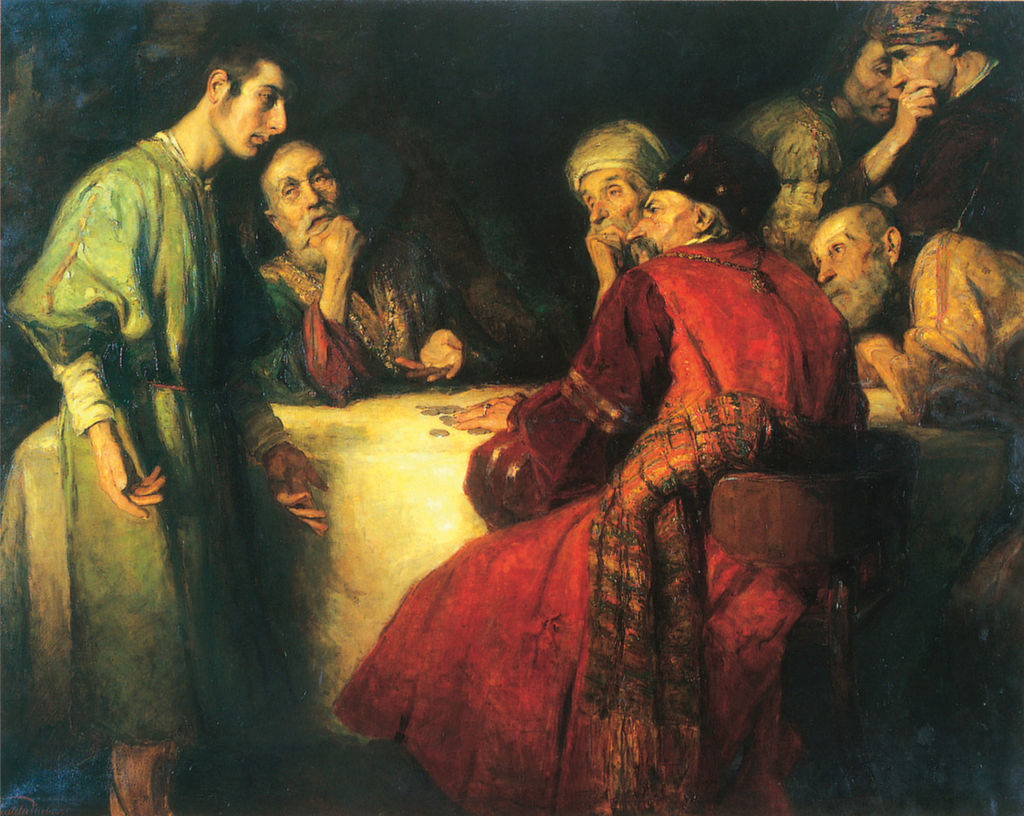
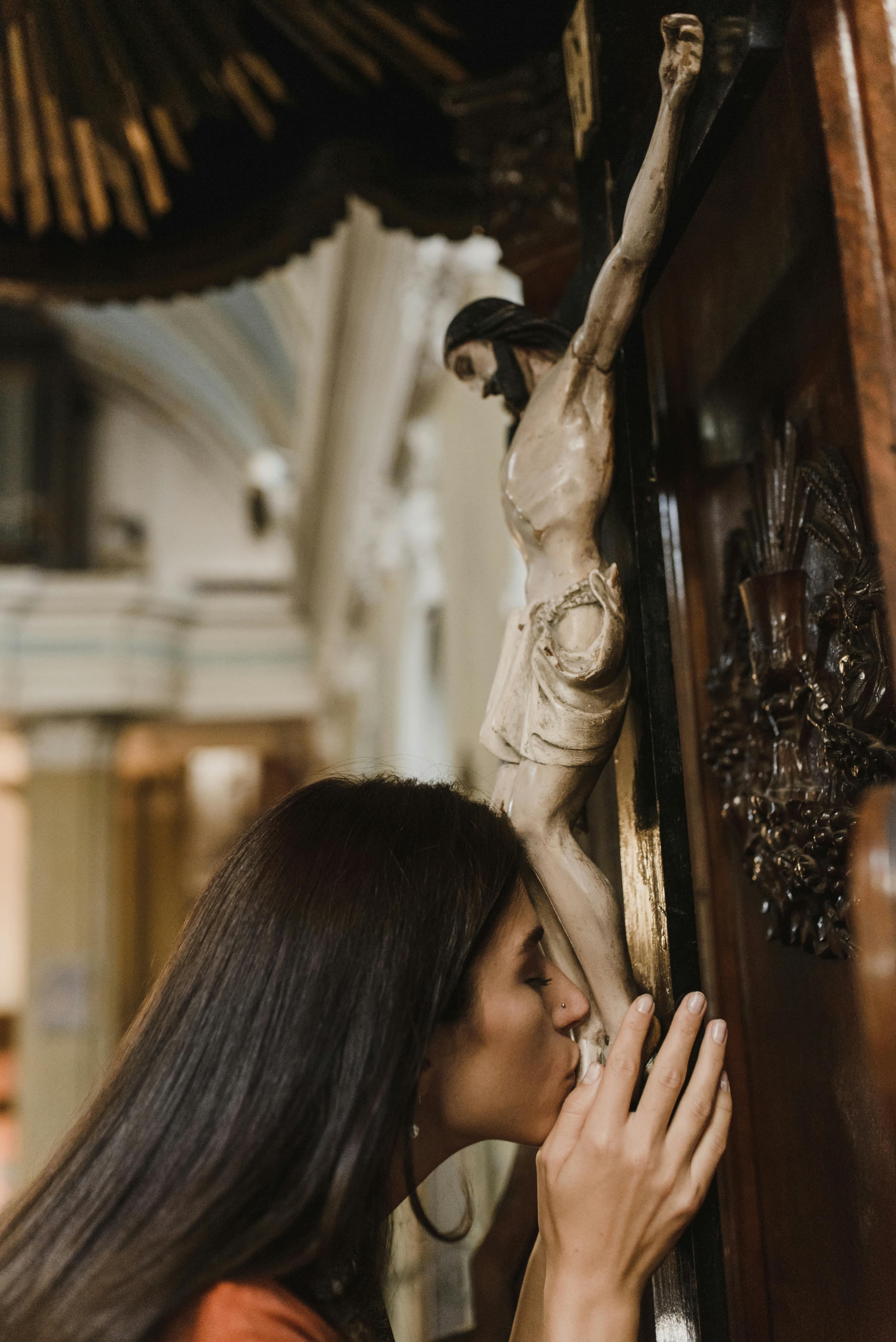

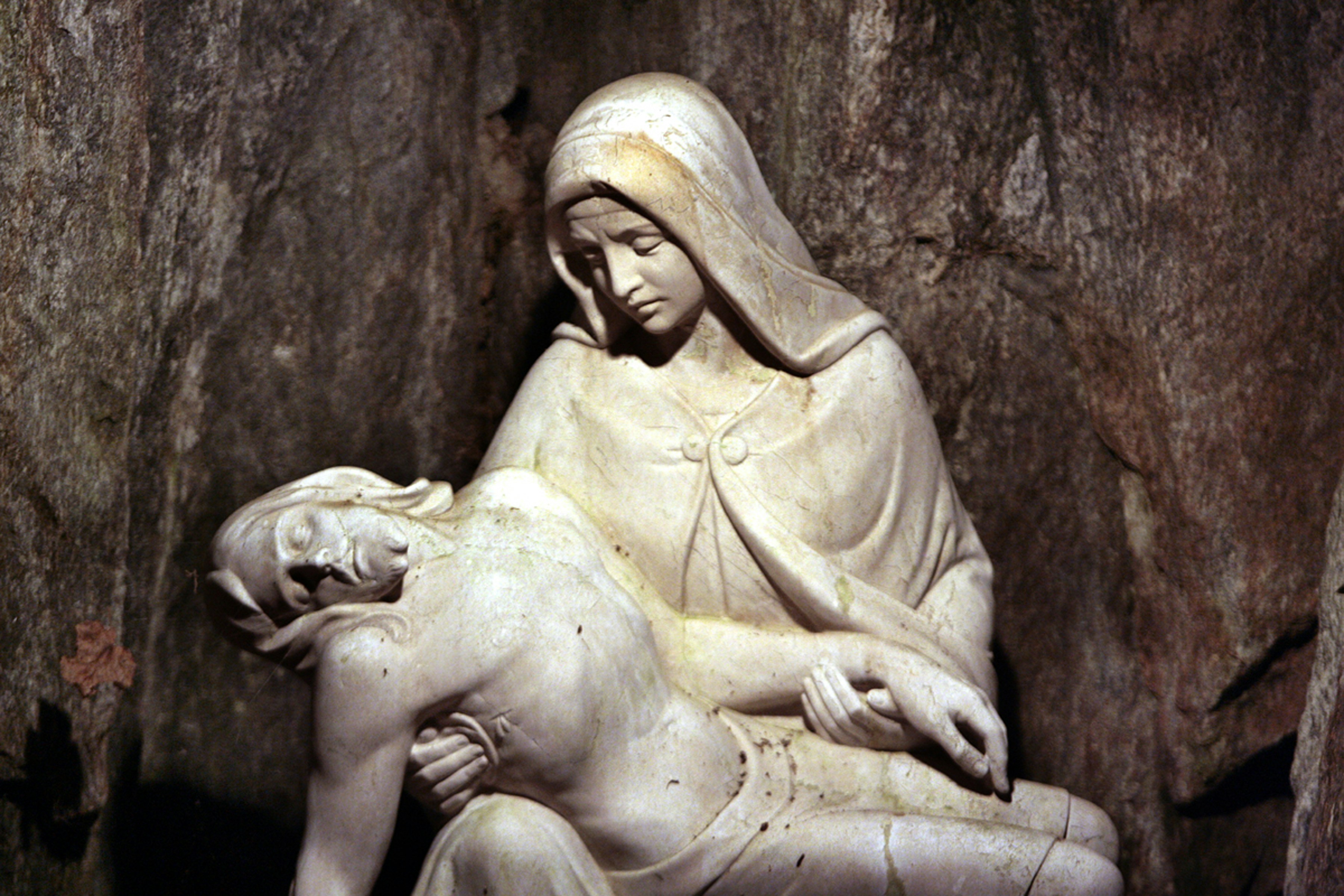


 Felix Urcia was born in Lima, Peru. He emigrated the U.S. to complete his college degree in Computer Science at Northern Kentucky University. He is passionate about his faith, his family, education and soccer. When he is not homeschooling and caring for his young children he enjoys personal programing projects and sports analysis. He and wife live in a small town in Western Michigan where they enjoy spending time with their five children.
Felix Urcia was born in Lima, Peru. He emigrated the U.S. to complete his college degree in Computer Science at Northern Kentucky University. He is passionate about his faith, his family, education and soccer. When he is not homeschooling and caring for his young children he enjoys personal programing projects and sports analysis. He and wife live in a small town in Western Michigan where they enjoy spending time with their five children.
 David Dashiell is a freelance author and editor in Nashville, Tennessee. He has a master’s degree in theology from Franciscan University, and is the editor of the anthology
David Dashiell is a freelance author and editor in Nashville, Tennessee. He has a master’s degree in theology from Franciscan University, and is the editor of the anthology 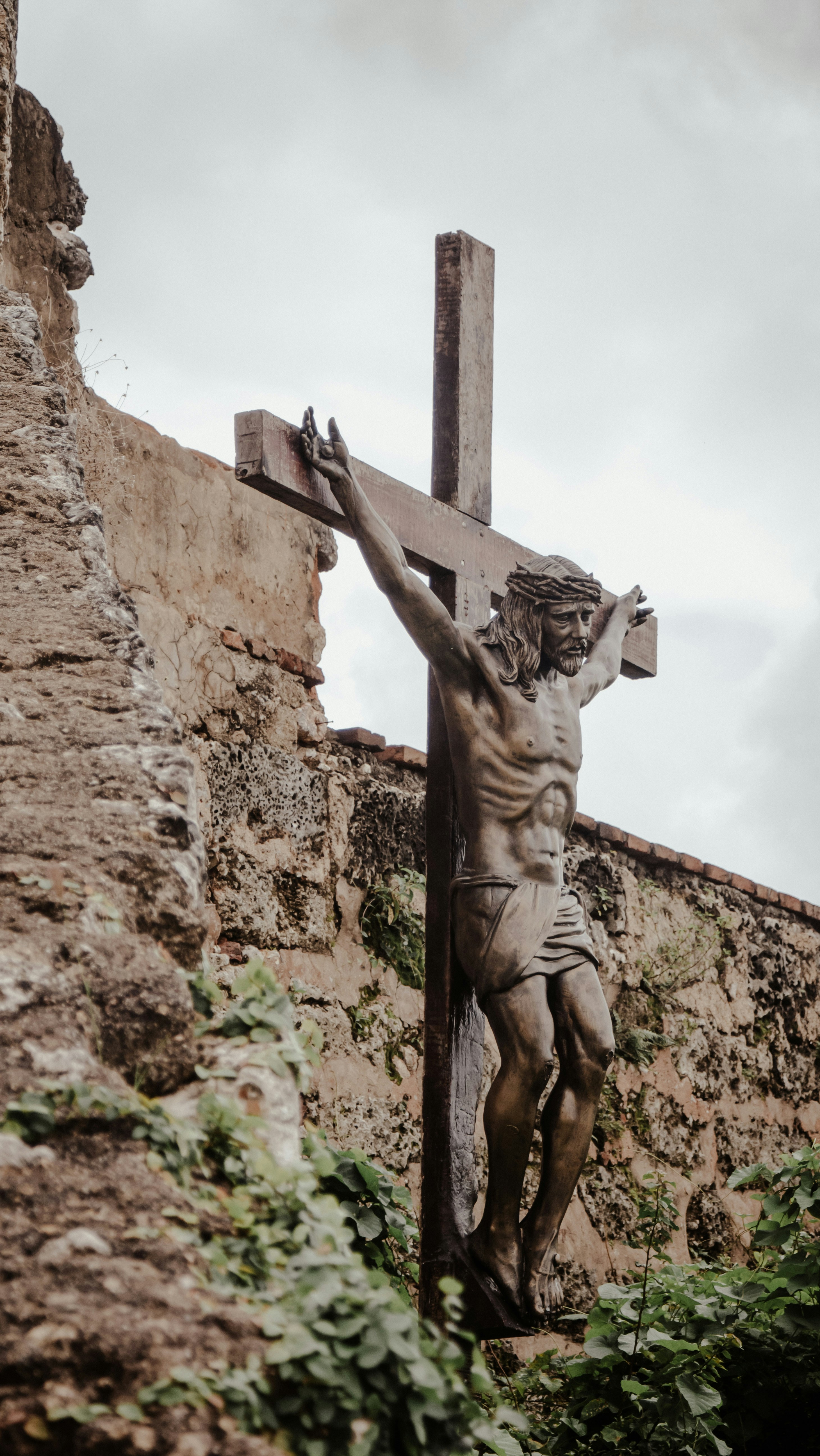
 Emily Jaminet is a Catholic author, speaker, radio personality, wife, and mother of seven children. She earned a bachelor’s degree in mental health and human services from the Franciscan University of Steubenville. She is the co-founder of
Emily Jaminet is a Catholic author, speaker, radio personality, wife, and mother of seven children. She earned a bachelor’s degree in mental health and human services from the Franciscan University of Steubenville. She is the co-founder of 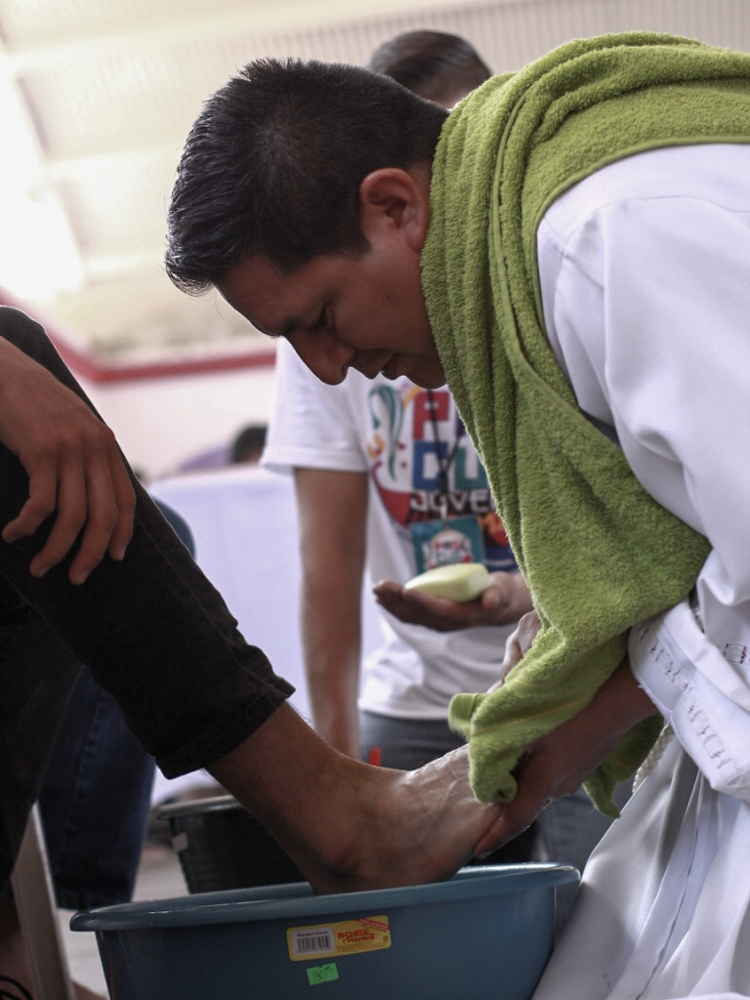
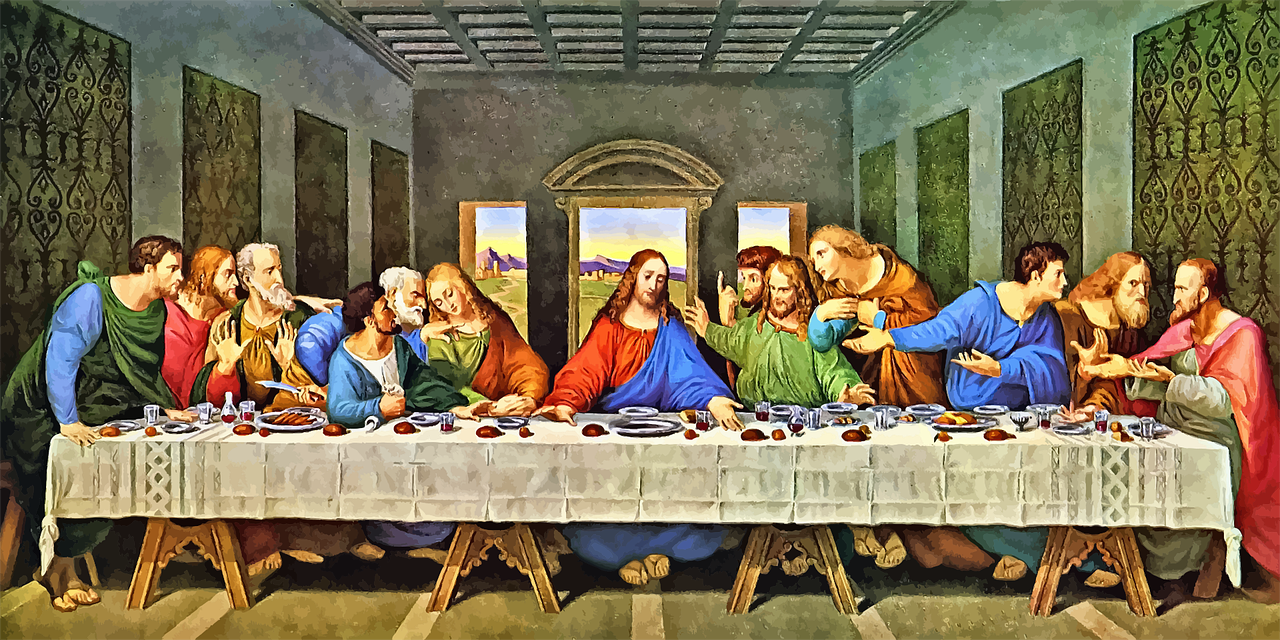
 Susan Ciancio has a BA in psychology and a BA in sociology from the University of Notre Dame, with an MA in liberal studies from Indiana University. For the past 19 years, she has worked as a professional editor and writer, editing both fiction and nonfiction books, magazine articles, blogs, educational lessons, professional materials and website content. Thirteen of those years have been in the pro-life sector. Currently Susan freelances and writes weekly for HLI, edits for American Life League, and is the executive editor of Celebrate Life Magazine. She also serves as executive editor for the Culture of Life Studies Program—an educational nonprofit program for K-12 students. You can reach her at
Susan Ciancio has a BA in psychology and a BA in sociology from the University of Notre Dame, with an MA in liberal studies from Indiana University. For the past 19 years, she has worked as a professional editor and writer, editing both fiction and nonfiction books, magazine articles, blogs, educational lessons, professional materials and website content. Thirteen of those years have been in the pro-life sector. Currently Susan freelances and writes weekly for HLI, edits for American Life League, and is the executive editor of Celebrate Life Magazine. She also serves as executive editor for the Culture of Life Studies Program—an educational nonprofit program for K-12 students. You can reach her at